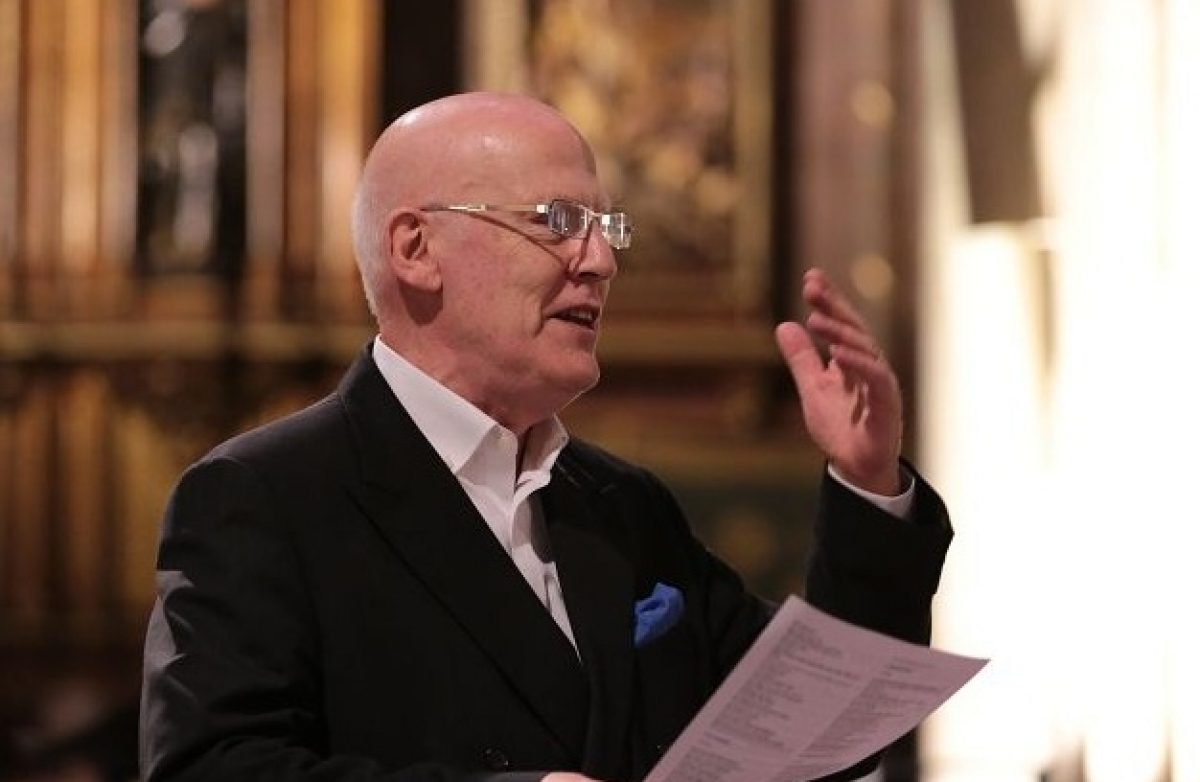Professor Vizard can be contacted for masterclasses in the following subjects :
- What interpretation really means
Interpretation is not a foregone necessity for the making of music and can be a handicap for the practising musician that prevents him seeing the music for what it is.
It should be (but rarely is) what a musician does when he is confronted with a technical problem he cannot resolve without changing one of the parameters of the score. This can be, for example,
a chord his hands aren’t wide enough to play entirely
a succession of notes he cannot play in the tempo demanded by the composer
notes (for singers) his voice cannot reach or that are too fast to sing
Peter Vizard will take this concept and show how by just analysing the signs, the music comes to life in a different way from the ones we have come to expect. This requires, naturally, that the musician himself or herself, accepts to see him or herself as the servant of the musical text and not its master.
See also his article “L’Interprêtre”
- The difference between movement and music
A slow movement is not necessarily slow music, although this depends greatly on the date of composition. Indeed, it is necessary to question the concept of “slow movement” itself, since it would be more appropriate to talk of the “Andante” or the “Largo”. We will find that the concept fixes the idea more permanently than the music itself : the music which asks no more than to be freed of the shackles of preconception in order to live.
- What the composer meant – a point of view
The single greatest obstacle to finding out what the composer wanted is how our imagination is shaped by what we have already heard. This is the obstacle intelligent musicians have first to overcome. For more information, see the page on Moscheles’s Moonlight Mistake (in preparation)
- Chamber music and general musicianship.
This is what a student of Peter Vizard says of his teaching :
Peter Vizard has a multidisciplinary approach to music which makes his teaching indispensable to all musicians, be they pianists or other instrumentalists.
As a teacher, he calls on deep theoretical knowledge to instantaneously harmonise at the keyboard a Bach cello suite or similar works in order to help the student understand the background meaning of the melodic line and its harmonic implications.
He is constantly seeking an interpretation which is thought-out and structured, without ever sacrificing it on the altar of originality.
Every note is subject to questioning : the full sensation of tempo, the meaning of a diminished 7th, the subtlety of an indication marking in the German language, the tuning of a third … He helps us construct our own interpretation of the work we are working on by taking us far beyond what we thought ourselves capable of.
This is why I cannot praise too highly his experience, great culture and musical insight.
Louise, 21, student of cello at the Geneva Conservatoire
- The correct pronunciation of the French Mélodie, the German Lied and the English Song
Many professional singers have encountered difficulties in foreign language pronunciation, difficulties that are simple to overcome if the right approach is taken.
While at the Conservatoire de Paris, Peter Vizard worked as a teacher of English as a foreign language and acquired experience in the communication of the correct pronunciation of English but also of French and German for English speakers.
As singers know, pronouncing a language correctly doesn’t imply that they will be understood at the back of the stalls. For that, special care has to be taken with the way that they enunciate the sung line.
Added to his extensive knowledge of the most important languages for European musicians (fluent French and German, good working knowledge of Italian, Dutch and Russian), his experience in working with singers of many nationalities can help approach a new language with intuitive exercises to “make the mask fit the face”. And bring them the applause they desire.. !
Contact him here.
